Lasik Turkey Hospital
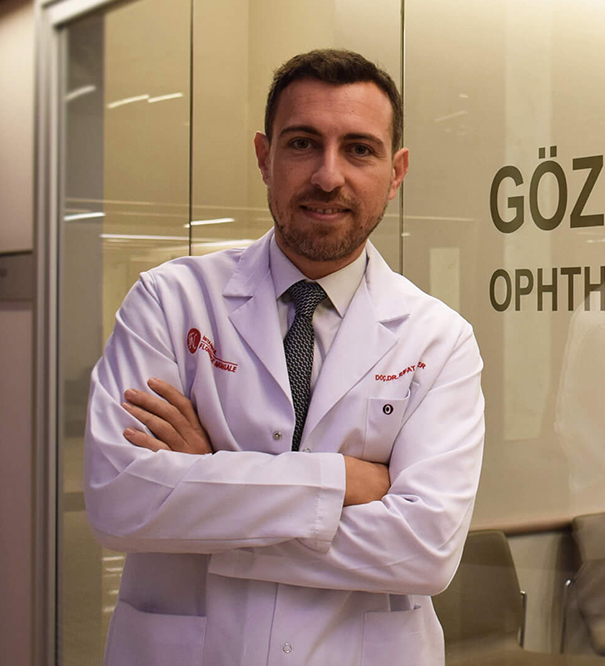
Prof. Dr. rıfat Rasier
During his medical education and specialization in ophthalmology, he attended Lousiana State University School of Medicine in the United States, Stadtisches Klinikum Kemperhof Koblenz in Germany and The Western Eye Hospital, Imperial College in England. In 2007, he received the equivalence for the Faculty of Medicine from the General Medical Council of England and became a doctor with Full Medical Registration in England.
Along with his ophthalmology education, he completed master program in Boğaziçi University Biomedical Engineering in 2009.
Continuing its development in its branch without slowing down, Rasier completed his specialization in Ophthalmology at Bilim University in 2010.

Lasik Surgery Technics
Our mission is to provide patients with the best eye doctors, thorough eye’s health exams & the personal attention you deserve.
Lasik Surgery Turkey - Istanbul
A LASIK treatment is the correction of refractive errors such as myopia, hyperopia and astigmatism with an excimer laser.
Femto Lasik Surgery Turkey - Istanbul
Femtosecond-assisted (Femto) laser in-situ keratomileusis (LASIK) is a type of laser eye surgery.
We’re Certified
We are Certified by Government for excellence in Ophthalmic tech!
Years Of Service
Community health and vision care to the area for over 30 years
Expert Doctors
You will treated with friendly, compassionate vision care
Great Services
Today, we fit into the perfect frame of services for everyone

Why Choose Us!
Lasik Turkey Hospital is the first Hospital to apply laser treatment in Turkey.
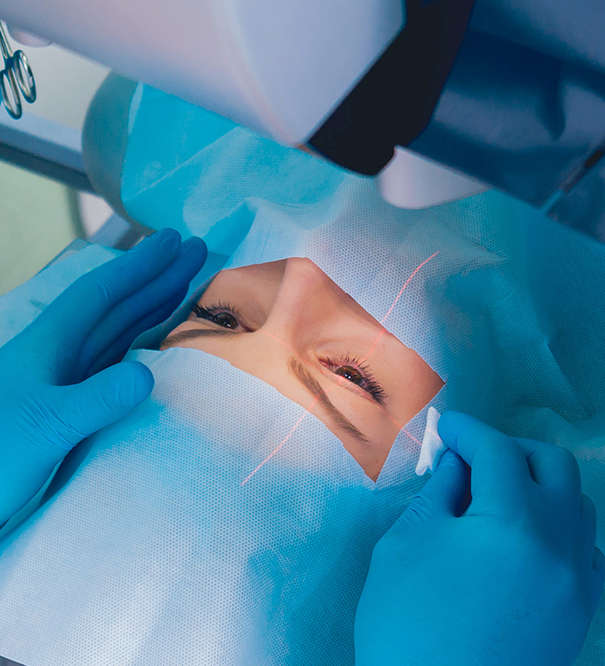
Need a Doctor for Check-up?
Contact Us!Lasik Turkey Hospital
Lasik Turkey Hospital is the oldest and the first eye hospital with its over 30-years experience which applied the first laser treatment in Turkey.
- Custom Made Laser Technology
- Personal Eye Topography
- Eye Movement Locking System
- Best Solution For Thin Corneal
- 100% Successful Surgery
- Lower Risk After Surgery
50.000
Operations
49.958
Happy Clients
30
Years Experience

At Lasik Turkey Hospital we value our patients Health.
OUR VISION
A Global Treatment of Eye Disease
Lasik Surgery
A LASIK treatment is the correction of refractive errors such as myopia, hyperopia and astigmatism with an excimer laser. This method is also known as “eye cutting”. Myopia means near-sightedness and hyperopia long-sightedness. Astigmatism, on the other hand, is a crooked and distorted view, because the light shining on the eye, falls on several points of the retina. Astigmatism can result from the cornea (the translucent layer in front of the colored area of the eye) or the eye lens. During eye laser surgery, the cornea is reshaped with the laser in order to correct refractive errors such as myopia, hyperopia and astigmatism.
More Read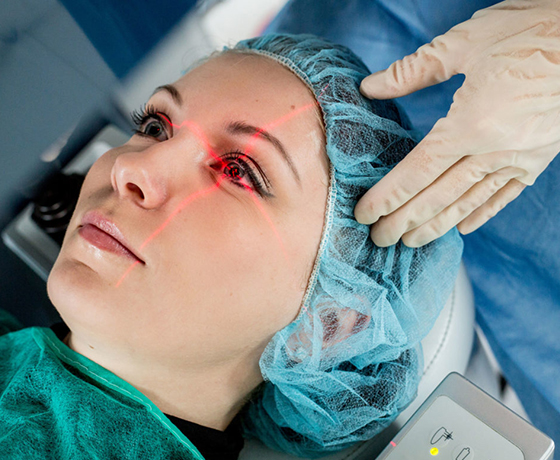
Femto Lasik Surgery
Femtosecond-assisted (Femto) laser in-situ keratomileusis (LASIK) is a type of laser eye surgery. This method, along with other refractory surgeries, is used to reshape the cornea of the eye in an effort to resolve vision problems.Keratomileusis, or the sculpting of the cornea as a way to correct refractive errors, was first developed in 1948 Trusted Source using a small surgical tool with an oscillating blade called the microkeratome.This first method, using a mechanical tool, was known as anterior lamellar keratoplasty (ALK). In the late 1980s and early 1990s, technology for this procedure improved.
More Read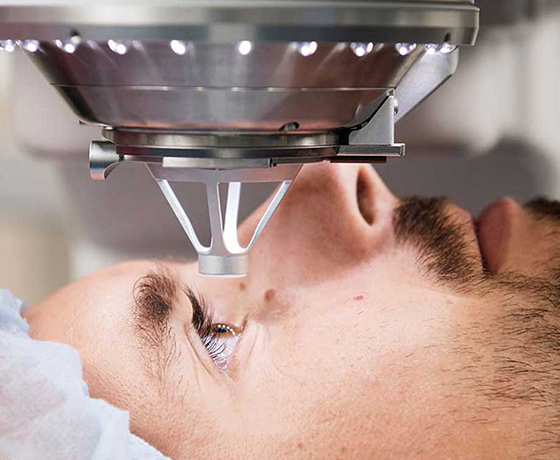
Cornea Transplant
A cornea transplant (keratoplasty) is a surgical procedure to replace part of your cornea with corneal tissue from a donor. Your cornea is the transparent, dome-shaped surface of your eye. It’s where light enters your eye and is a large part of your eye’s ability to see clearly.A cornea transplant can restore vision, reduce pain, and improve the appearance of a damaged or diseased cornea.Most cornea transplant procedures are successful. But cornea transplant carries a small risk of complications, such as rejection of the donor cornea.
More Read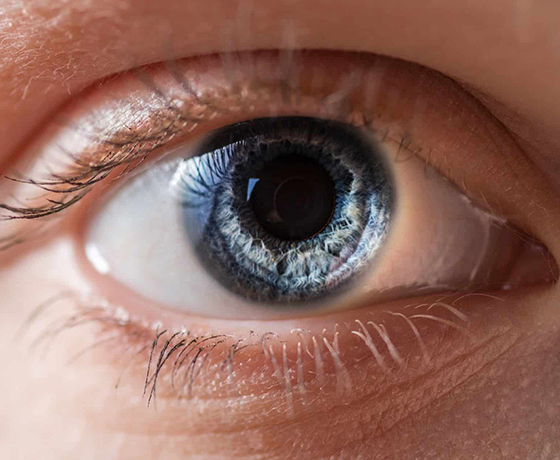
Cataract Surgery
Nowadays, cataract surgery is performed without needles, narcosis or pain.Cataract treatment is a very important operation that requires microsurgery. Cataract operations in our hospital are performed using the FAKO method (also known as laser) and without sutures. With this method a 2.2 – 2.8 mm long incision is made in the eye. The matted eye lens is fragmented and removed with a special device that outputs ultrasonic waves. The artificial and foldable eye lens is then placed in the eye. Since the cut is very small, stitches are not required.The short operation duration, good results and short healing time are the main advantages of the FAKO method.
More Read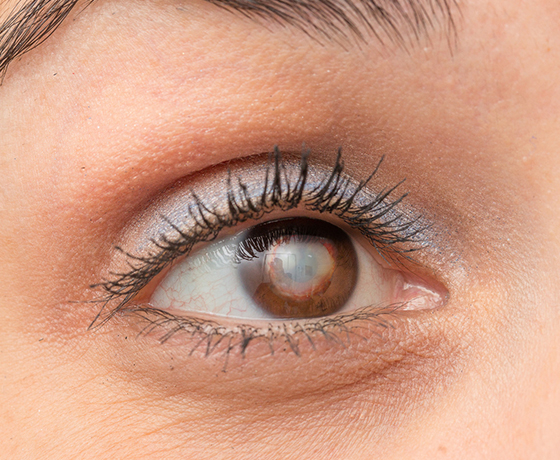
Lasik Surgery in Turkey Explained in 5 Steps
We offer you the best lasik surgery in turkey, with the most personalized experience and support possible.

Free Consultation

Flight to Istanbul

VIP Transfer

Hotel Accommodation

Lasik Surgery
Paintens Comments

I went to Lasik turkey hospital to draw my eyes. The doctors are very good and the experts in their work have been very successful in my surgery and I recovered in a short time. It is very reasonable in price. I would recommend it to everyone.Thank you so much...
Johnny Underwood
I applied my eyes and I came to Turkey to treat cataract diagnosis and surgical procedures were performed landed. now my eyes have improved and I can see. thank you very much lasik turkey. I would recommend it to everyone. their doctors are very professional..
Helene Gill
I was in the hospital lasik laser eye surgery turkey. and my surgery was very successful and good, the doctors were very professional and professional. The cost of my surgery was quite cheap. I definitely recommend for those who want to have eye surgery...
Eric Hans
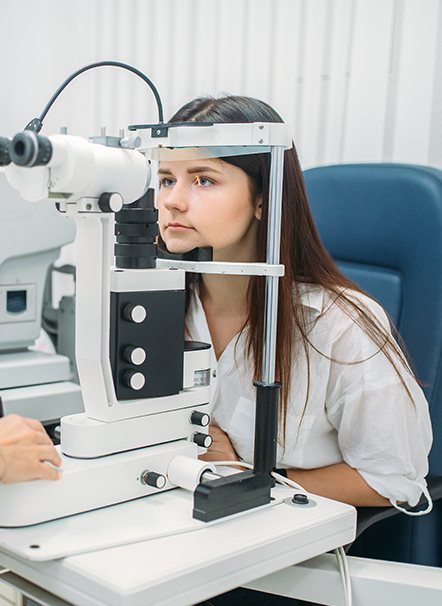
What is Laser Eye Surgery ?
Laser eye surgery, also known as refractive surgery or vision correction surgery, refers to a group of surgical procedures that use laser technology to reshape the cornea of the eye, thereby correcting common refractive errors such as nearsightedness (myopia), farsightedness (hyperopia), and astigmatism. The goal of laser eye surgery is to improve vision and reduce or eliminate the need for glasses or contact lenses.
There are several types of laser eye surgery, including:
1. LASIK (Laser-Assisted in Situ Keratomileusis): This is the most common type of laser eye surgery. It involves creating a thin flap on the cornea using a microkeratome or a femtosecond laser. The underlying corneal tissue is then reshaped using an excimer laser. The flap is repositioned, and it adheres naturally without the need for stitches.
2. PRK (Photorefractive Keratectomy): In PRK, the surface layer of the cornea (epithelium) is removed, and the cornea is reshaped using an excimer laser. The epithelium regenerates naturally over time.
3. LASEK (Laser-Assisted Subepithelial Keratectomy): LASEK is similar to PRK, but instead of removing the entire epithelium, a thinner layer is lifted and repositioned after the cornea is reshaped with an excimer laser.
4. SMILE (Small Incision Lenticule Extraction): SMILE is a newer type of laser eye surgery that involves creating a small incision and using a femtosecond laser to remove a small lenticule from within the cornea, reshaping it to correct vision.
During these procedures, an excimer laser is used to precisely remove corneal tissue, reshaping the curvature of the cornea to correct the refractive error. The surgeon uses advanced computer-guided technology to ensure accuracy and customization based on the patient's specific vision prescription.
Laser eye surgery is typically performed as an outpatient procedure and is known for its high success rates in improving vision. However, it is important to note that not everyone is a suitable candidate for laser eye surgery, and a thorough evaluation by an experienced ophthalmologist is necessary to determine eligibility and discuss potential risks and benefits.
Laser Eye Surgery Turkey
Laser eye surgery in Turkey is a popular and widely performed procedure. Turkey has gained a reputation as a leading destination for medical tourism, including advanced eye surgeries.
There are numerous state-of-the-art eye clinics and hospitals in major cities like Istanbul, Ankara, and Izmir that specialize in laser eye surgery. These facilities offer cutting-edge technology, modern infrastructure, and highly skilled ophthalmologists.
One of the advantages of getting laser eye surgery in Turkey is the cost. The price of laser eye surgery in Turkey is often more affordable compared to many other countries, making it an attractive option for patients seeking vision correction.
In addition to cost-effectiveness, Turkey has a well-developed healthcare system with stringent quality standards. The country's ophthalmologists are highly trained and experienced, with many having studied and trained internationally. They keep up-to-date with the latest advancements in laser eye surgery techniques and technologies.
When considering laser eye surgery in Turkey, it is crucial to choose a reputable clinic or hospital. Look for facilities with a strong track record, positive patient reviews, and experienced laser eye surgeons. Research their credentials, qualifications, and success rates.
During the initial consultation, the ophthalmologist will assess your eye health, conduct comprehensive examinations, and discuss your expectations and suitability for the procedure. They will explain the different laser eye surgery options available, such as LASIK, PRK, or SMILE, and recommend the most appropriate one based on your specific needs.
It's important to have realistic expectations about the outcomes of laser eye surgery. While the procedure has a high success rate in improving vision and reducing or eliminating the need for glasses or contact lenses, individual results can vary depending on factors such as the severity of the refractive error, corneal thickness, and overall eye health.
As with any surgical procedure, there are potential risks and complications associated with laser eye surgery. It is essential to discuss these with your surgeon and ensure that you are well-informed before making a decision.
Overall, laser eye surgery Turkey can provide an effective and cost-efficient solution for vision correction. However, it is crucial to do thorough research, choose a reputable facility, and consult with an experienced ophthalmologist to ensure the best possible outcome for your specific case.

 English
English Français
Français Deutsch
Deutsch العربية
العربية Lasik Surgery
Lasik Surgery Femto Lasik Surgery
Femto Lasik Surgery Cornea Transplant
Cornea Transplant Cataract Surgery
Cataract Surgery